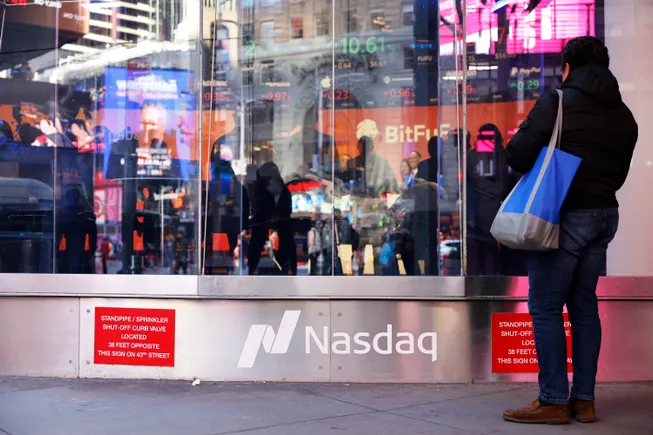Aerieâs glaucoma drug journey ends in $770M sale to Alcon


Alcon has agreed to acquire Aerie Pharmaceuticals for about $770 million, betting its sprawling commercial presence can boost the uptake of the biotechnology company’s two glaucoma drugs.
Alcon, the former eyecare business of Swiss pharmaceutical giant Novartis, will pay $15.25 per share for Aerie, the companies announced on Monday night. The price tag represents a 37% premium over Aerie’s last closing price of $11.15, though it’s less than the biotech’s shares were worth only a year ago.
The transaction is expected to close during the fourth quarter.
The deal is the latest step in a push by Alcon to acquire pharmaceutical eye drops. Since 2021, the company has acquired U.S. rights to the glaucoma drop Simbrinza as well as two products from Kala Pharmaceuticals that treat dry eye disease and post-surgical inflammation.
In acquiring Aerie, Alcon is getting hold of two marketed glaucoma medicines known as Rhopressa and Rocklatan, as well as a pipeline of experimental drugs that includes a dry eye disease treatment in Phase 3 testing.
Bedminster, N.J.-based Aerie was spun out of research at Duke University in 2005 and, for many years, led by Vicente Anido Jr., who joined the company after selling Ista Pharmaceuticals to Bausch + Lomb for $500 million. Aerie went public at $10 per share in 2013 and saw its shares climb to nearly $74 apiece in 2018 on the promise of Rhopressa and Rocklatan.
The drugs were developed as alternative options to existing treatments for glaucoma, a condition in which the eye’s drainage systems become clogged, putting pressure on and damaging the optic nerve. There are many eye drops for glaucoma, led by prostaglandin analogues, or PGAs, like Xalatan that have been the standard of care for more than a decade. Each has limitations and none are cures, however.
Aerie’s drugs work differently, impacting the eye’s plumbing machinery in multiple ways, and in clinical testing showed the potential to be more potent than PGAs at lowering eye pressure. The Food and Drug Administration approved Rhopressa in 2017 and Rocklatan two years later.
Yet sales of both have been slow to develop, going from about $70 million combined in 2019 to $112 million in 2021 and an expected $130 million to $140 million this year. Rocklatan in particular can cause more eye redness than standard treatments, and both medicines are involved in a market where many options are generic, making obtaining insurance coverage a challenge. Sales were also impacted by the COVID-19 pandemic.
Aerie shares have lost most of their worth since their peak, and Anido left the company last September. It recorded a $75 million net loss last year.
Still, Aerie executives have noted that sales of their two drugs are now growing “above glaucoma market rates” and predicted the company would break even in the middle of 2024, according to an August note from Stifel analyst Annabel Samimy.
The company’s growing sales momentum make the Alcon deal’s price a modest disappointment, Samimy wrote after the acquisition’s announcement.
“As the most potent glaucoma treatments available, just now recapturing its postpandemic stride, we would have expected some additional value capture,” she wrote. “That said, [Alcon]is the ideal global ophthalmology company to maximize these opportunities.”
Santen SA owns most commercial rights to Rocklatan and Rhopressa outside the U.S. through a deal last December.
This post has been syndicated from a third-party source. View the original article here.




